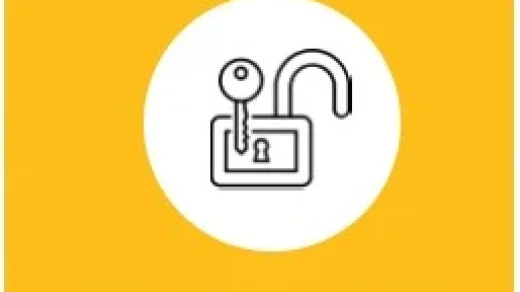The establishment of a Palestinian state is not a privilege—it is a basic human right. This right has been repeatedly recognized by the United Nations Security Council (UNSC) through multiple resolutions, including:
- Resolution 242 (1967)
- Resolution 338 (1973)
- Resolution 1397 (2002)
- Resolution 2334 (2016)
Each of these resolutions either affirms the Palestinians’ right to self-determination or condemns Israeli settlements as illegal under international law.
Few causes in modern history carry such moral clarity and legal support as the Palestinian cause—and yet, justice has never been enforced.
Injustice by Inaction
The absence of justice is a form of injustice in itself. But in the case of Palestine, the injustice goes even further.
Each year, Israel’s military actions result in the deaths of thousands of Palestinians, including women and children. These acts are broadcast globally—seen on televisions and phones, documented in real time. And yet, the world’s leaders continue to turn a blind eye.
The Weight of German Guilt
Germany—and by extension, much of Europe—continues to carry the historic guilt of the Holocaust. This guilt is understandable. But allowing the Israeli state to inflict suffering upon another people—through occupation, displacement, and violence—does not absolve that guilt.
In fact, it adds another layer of moral responsibility, as silence becomes complicity.
Veto vs. Justice
The United States has used its UNSC veto power over 46 times in the last 55 years to shield Israel from accountability. This is not an exaggeration—it is a matter of public record.
It would be easy to direct all blame at the U.S., and they do bear responsibility. But perhaps the more sobering truth is this:
We should not expect better from a country that remains the only nation in history to use nuclear weapons on civilians, killing hundreds of thousands, without ever issuing a formal apology.
It is not surprising. What’s more urgent is what the rest of the world chooses to do in response.
The Veto Is Not Justice
The veto power in the Security Council was originally intended to prevent direct conflict between major powers—a mechanism of balance during the Cold War. But today, it is too often used as a tool to block justice, particularly by the U.S. in its unwavering support for Israel.
This raises a critical question:
Can we really call it global justice when a single country can override the will of the international community?
If we are to evolve as a global society that respects human rights for all, we must begin by re-evaluating the structure and function of the veto.
A Call for Conscience, Not Violence
Let it be clear: this article, and any others I have written or will write, are not a call for violence.
“An eye for an eye leaves the whole world blind.” – Mahatma Gandhi
The world does not need more war. It needs moral courage, structural reform, and a collective awakening to the fact that human rights must apply to all humans—without exception.
Justice delayed is justice denied. But justice denied forever is a failure of humanity itself.


